Surrogacy Laws & Process in Arkansas

Understanding the Surrogacy Process in Arkansas
Arkansas is known for having some of the most surrogacy-friendly practices in the United States. The state recognizes gestational surrogacy arrangements, allowing intended parents and surrogates to move through the process with legal protection and clarity. The surrogacy process in Arkansas typically involves matching intended parents with a qualified surrogate, completing medical evaluations, and establishing legal agreements that protect both sides. These agreements outline parental rights, compensation, and medical decisions, ensuring that the journey is well-structured from start to finish.
Pre-Birth Parentage Orders in Arkansas: Legal Recognition Before Birth
Arkansas allows pre-birth parentage orders for most surrogacy cases, giving intended parents legal rights before their child’s birth. Courts in the state routinely issue these orders, allowing intended parents to be listed directly on the birth certificate without requiring post-birth adoption. This applies to both married heterosexual and same-sex couples, as long as proper legal procedures are followed. Pre-birth parentage orders eliminate uncertainty at the hospital, ensuring that parents can take custody of their child immediately after birth.
Legal Framework
Arkansas has clear legal support for surrogacy through both statutory and case law. The state was one of the first to adopt a legal stance that explicitly recognizes surrogacy arrangements. Under Arkansas Code §9-10-201, intended parents who use assisted reproduction can be recognized as the legal parents of a child born through surrogacy. This means that courts uphold properly drafted surrogacy contracts, as long as they meet the legal standards for consent and fairness. While the legal process is straightforward, it remains important for all parties to work with experienced attorneys to ensure that agreements meet the necessary requirements.
Eligible Families
Surrogacy in Arkansas is open to a wide range of intended parents, including married heterosexual couples, same-sex couples, and single individuals. The state does not restrict who may pursue surrogacy based on marital status or sexual orientation. Families using their own genetic material typically face a simpler process when obtaining pre-birth orders, while those using donor embryos or gametes may need additional legal documentation to confirm parentage. International intended parents also find Arkansas appealing due to its well-defined surrogacy laws and court practices, which offer security throughout the process.
Outcome
When handled correctly, the outcome of a surrogacy journey in Arkansas is smooth and legally secure. Intended parents gain full parental rights through pre-birth orders, allowing their names to appear on the birth certificate from the start. Hospitals in Arkansas generally recognize these orders, making the transition after delivery simple and efficient. Because surrogacy agreements are enforceable under state law, disputes are rare.
Medical, Psychological, and Legal Requirements in Arkansas Surrogacy
Before entering into a surrogacy agreement, surrogates in Arkansas must undergo thorough medical screenings to confirm their physical ability to carry a healthy pregnancy. Psychological assessments are also an important step, helping ensure that both surrogates and intended parents are emotionally prepared for the journey. Legal agreements must be finalized before any medical procedures begin, outlining the responsibilities, compensation, and rights of all parties. These steps create a clear and ethical foundation for the process, ensuring that every surrogacy arrangement is conducted with care and transparency.
Explore the Carrying Dreams Surrogacy Heatmap
For intended parents considering surrogacy in Arkansas or elsewhere, the Carrying Dreams Surrogacy Heatmap is a helpful tool for understanding surrogacy-friendly states across the U.S. The Heatmap offers a detailed overview of how each state approaches surrogacy, making it easier to compare legal protections and processes. At Carrying Dreams, we guide families through each stage of their journey with experience, personal care, and expert insight.
If you have any inquiries about the Arkansas surrogacy law & process, feel free to contact us today.

